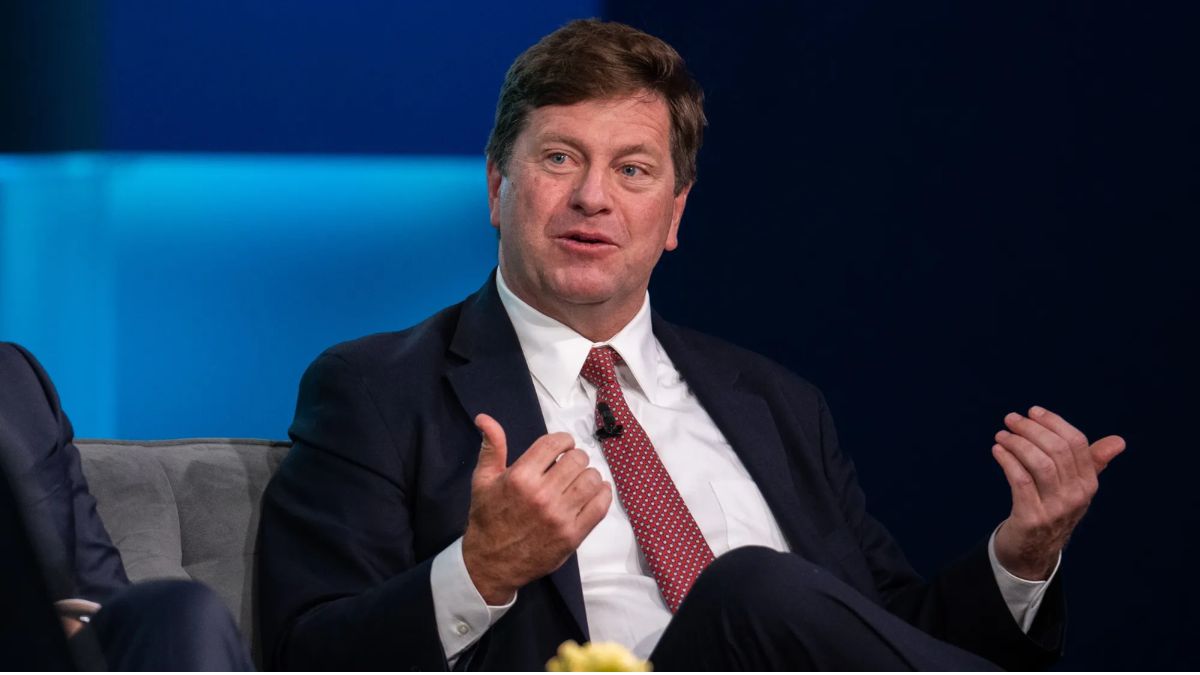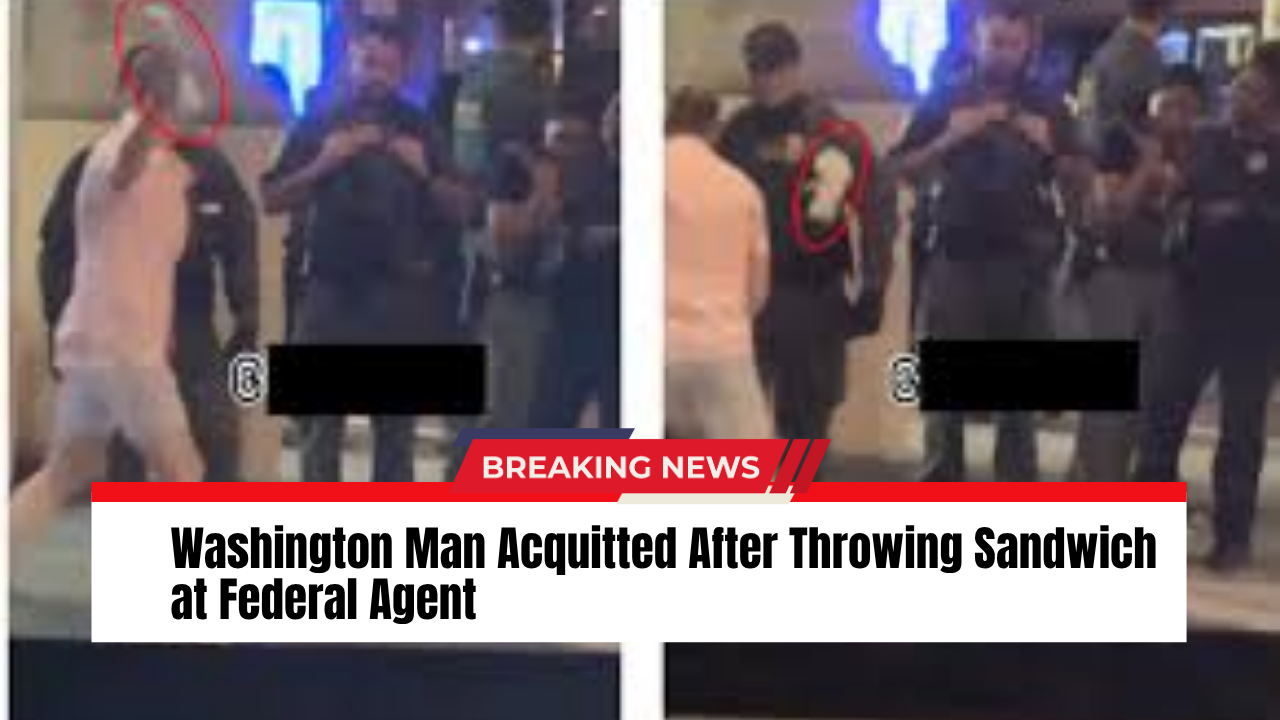Jay Clayton, chosen by former President Donald Trump to lead the US attorney’s office in Manhattan, is now confronting the biggest test of his tenure.
After a week filled with disputes and intensified political pressure, Clayton finds himself at the center of a highly sensitive investigation tied to one of America’s most controversial figures—Jeffrey Epstein.
Trump Directs New Epstein Inquiry Toward High-Profile Associates
On Friday evening, Attorney General Pam Bondi revealed on X (formerly Twitter) that Clayton will head a new federal investigation into Epstein’s relationships with key Democratic figures.
The announcement came shortly after Trump publicly urged Bondi on Truth Social to examine Epstein’s links to Bill Clinton, Larry Summers, Reid Hoffman, JPMorgan, Chase, and various other individuals and institutions to determine “what was going on.”
This assignment again pressures the Southern District of New York (SDNY)—a historically independent institution—to navigate politically driven directives.
Reaction Inside the Justice Community
News of Clayton’s assignment caused frustration among SDNY alumni, many of whom expressed concern about the political implications. Their reaction highlights just how controversial the case may become.
While some US attorneys have complied with Trump’s political priorities in past years, others have not. For instance, Erik Siebert, Trump’s pick for the Eastern District of Virginia, resigned after refusing to pursue cases targeting individuals Trump viewed as adversaries.
Clayton Steps Into a Politically Charged Spotlight
Clayton now faces the difficult task of managing public expectations, political pressure from Washington, and internal dynamics within the SDNY office. It remains unclear whether he was informed of this investigation before Bondi posted the announcement online.
The SDNY spokesperson has declined to comment.
SDNY’s Past Experience With Epstein Cases
The Southern District is no stranger to the Epstein saga. During Trump’s first term, SDNY prosecutors pursued charges against Jeffrey Epstein and his longtime associate Ghislaine Maxwell for sex trafficking minors. Investigators interviewed dozens of survivors and did not find enough evidence to prosecute additional individuals.
Epstein died by suicide in 2019 while awaiting trial, and Maxwell is serving a 20-year prison sentence after her conviction. During her summer interview with Deputy Attorney General Todd Blanche, Maxwell did not accuse any additional individuals of participating in sex trafficking.
Geoffrey Berman’s Perspective
Former SDNY US attorney Geoffrey Berman, who launched the earlier Epstein prosecution, reiterated in 2022 that SDNY “doesn’t pull punches” and would have charged others if prosecutable evidence existed.
Attempts to Question Prince Andrew
SDNY prosecutors also sought to interview Andrew Mountbatten-Windsor, the former British prince, regarding accusations from Virginia Giuffre.
His legal team refused. Although the former royal denied involvement, he ultimately reached a settlement with Giuffre.
Clayton’s Background and Rise to SDNY Leadership
Before joining SDNY, Clayton spent years at Sullivan & Cromwell, served on corporate boards, and led the Securities and Exchange Commission during Trump’s first term. He and Trump have maintained a long-standing relationship, including golfing together.
Clayton was confirmed by district judges earlier this year after the Senate declined to advance his nomination.
Since taking over, he has kept a low profile, arriving during a turbulent period following the departure of experienced prosecutors who resigned after DOJ dropped corruption charges against NYC Mayor Eric Adams.
Internal Turmoil: Maurene Comey’s Firing
One of Clayton’s first crises came when Washington officials fired Maurene Comey, daughter of former FBI Director James Comey and a lead prosecutor on the Epstein-Maxwell cases.
She has since sued the Justice Department. Clayton attempted to intervene on her behalf but was unsuccessful.
The White House Struggles to Contain the Epstein Narrative
The House Oversight Committee recently released over 20,000 pages of Epstein estate documents, reigniting public scrutiny. Some Republicans plan to support legislation that would force DOJ to release its Epstein files.
Yet, DOJ’s Blanche accused Epstein’s estate of withholding documents—an allegation the estate disputes.
Why Clayton Was Chosen Remains Unclear
The Justice Department has not explained why Clayton was directed to pursue Epstein’s ties to specific individuals and JPMorgan Chase.
In July, DOJ and the FBI announced they found no evidence supporting charges against uncharged third parties after a full review of the case files.
Reopening the investigation may legally allow DOJ to prevent release of certain case records, as they could be considered part of an active inquiry.
Legal Limitations and What Prosecutors Expect
Former prosecutors believe that most potential crimes are now barred by the statute of limitations, except for possible sex-trafficking-related offenses.
Recently released communications involving Epstein, Summers, Trump, and Clinton do not indicate criminal behavior.
JPMorgan Chase’s Legal Troubles
JPMorgan faced massive scrutiny for continuing to bank Epstein despite suspicious activity reports. The bank ended its relationship with him in 2013.
Settlement Details
- $290 million paid in 2023 to Epstein survivors in a class-action case
- $75 million paid to the US Virgin Islands
- No admission of wrongdoing
On Friday, spokesperson Patricia Wexler stated that the government withheld key information about Epstein’s crimes and emphasized that the bank did not aid his misconduct.
Jay Clayton stands at a defining crossroads. As he leads this renewed Jeffrey Epstein investigation, he must navigate political tensions, protect SDNY’s long-held independence, and manage public expectations around a case that has already fueled years of controversy.
Whether this inquiry uncovers new information—or simply deepens the political divide—remains to be seen. But Clayton’s leadership will undoubtedly shape how the Justice Department is perceived in one of the most politically sensitive chapters of modern US legal history.



